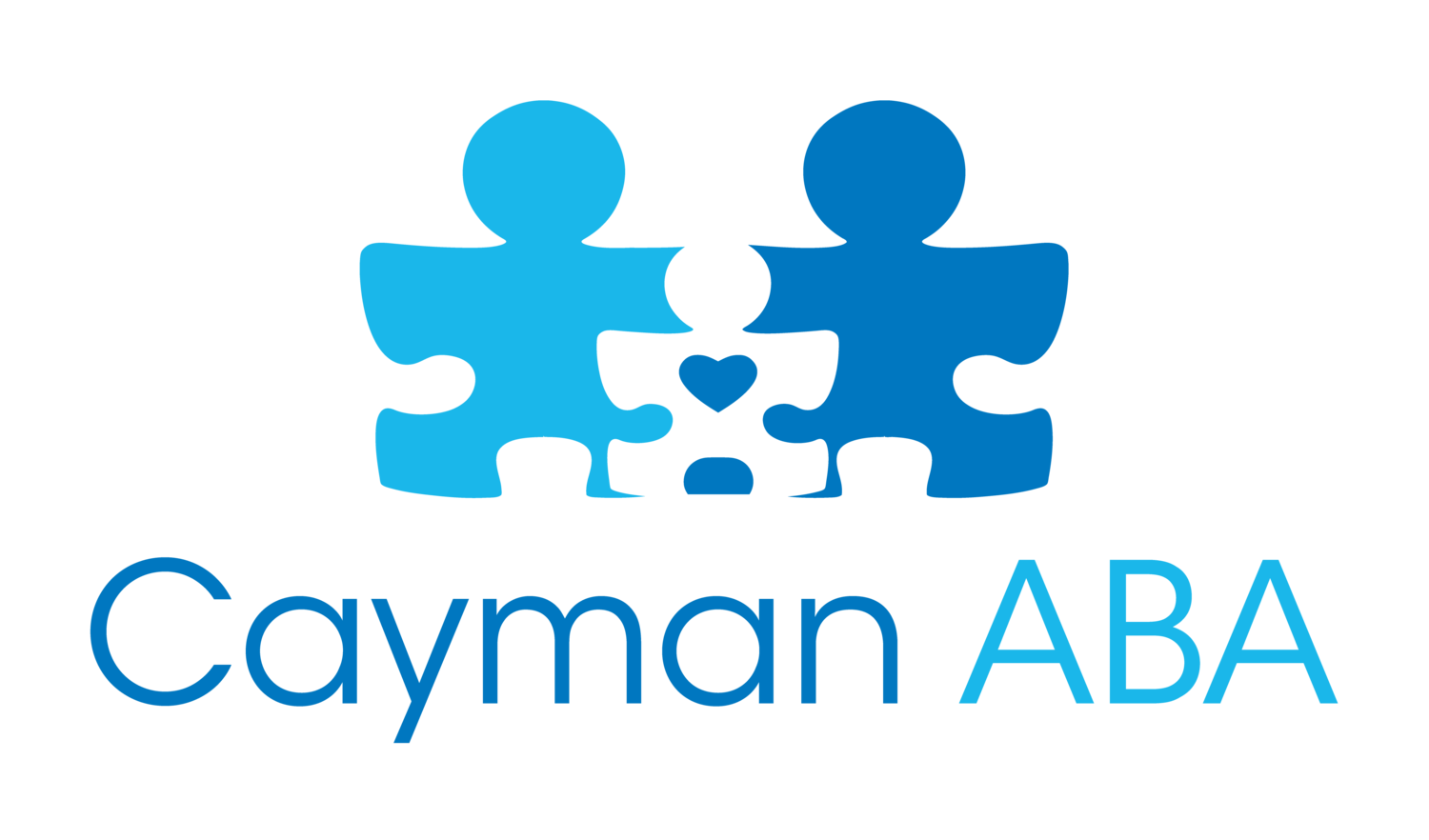Autism
What is Autism?
Autism Spectrum Disorder (ASD) or “Autism” is a general term used to describe a set of symptoms with a developmental basis that affect how people communicate and relate to others and experience the world. There is a range of symptoms on the “spectrum” which vary in intensity and presentation from person to person with regards to how much their day-to-day living is impacted.
Back in 1943, Dr. Leo Kanner first described the characteristics of autism and it has since been learned that Autism is a developmental, or lifelong, disorder that affects about 1 in 54 children, with boys being 4 times more likely to be diagnosed than girls (Centers for Disease Control and Prevention). Although there is no known cure for autism, evidence based therapies in use by those practicing ABA have been leading the way in improving lives for those with Autism and their families.
What does it look like?
Autism looks different for every individual but there are some common symptoms involved, including:
Difficulty with, or lack of, communication skills
Difficulty with social interactions
Sensitivity or numbness to sensory input
Reduced or unusual eye contact
Inability to identify emotions in others
Difficulty with transitions
Those who are diagnosed with Autism Spectrum Disorder are unique in their own abilities, talents, interests and potential just like everyone else. As a community, it is our job to ensure these individuals can realize their full potential.
Neurodiversity
The term neurodiversity refers to the fact that all humans, not just those with disorders, develop unique brain structures and response patterns over the course of their lives. You’ve probably noticed that the more you get to know someone, the more unique and distinct they become.
Practitioners in the field of ABA spend a great deal of time in direct treatment, with part of that time dedicated to carefully observing and learning about others in an effort to understand the motivations behind their behaviours. Many practitioners in the field cease to think about those they serve in terms of their diagnosis and think instead about those they serve in terms of their specific behaviours and motivations
The message about neurodiversity that we at Cayman ABA want to spread is that embracing the things that make each of us different and unique is what allows us to support each other effectively and learn to succeed in the world. This is true for our clients, their families, and all of us!
